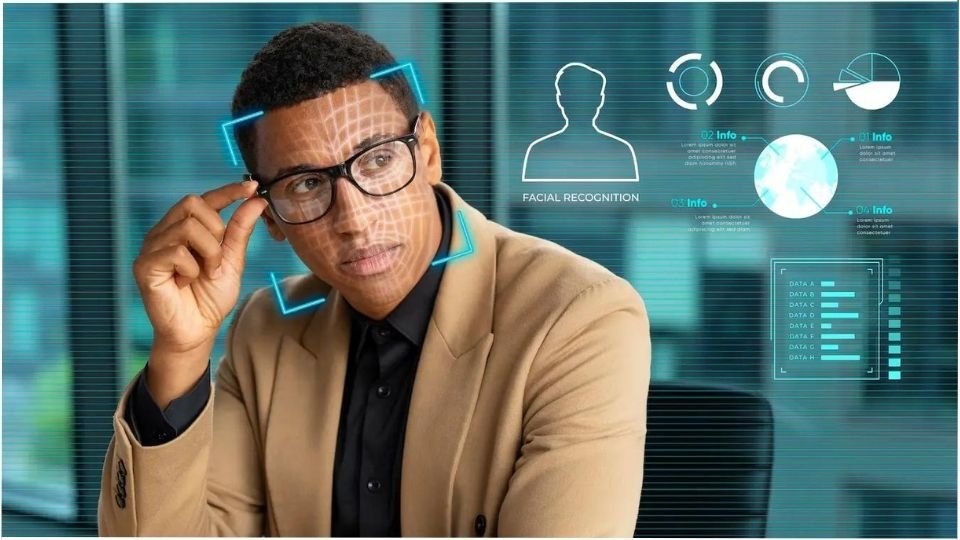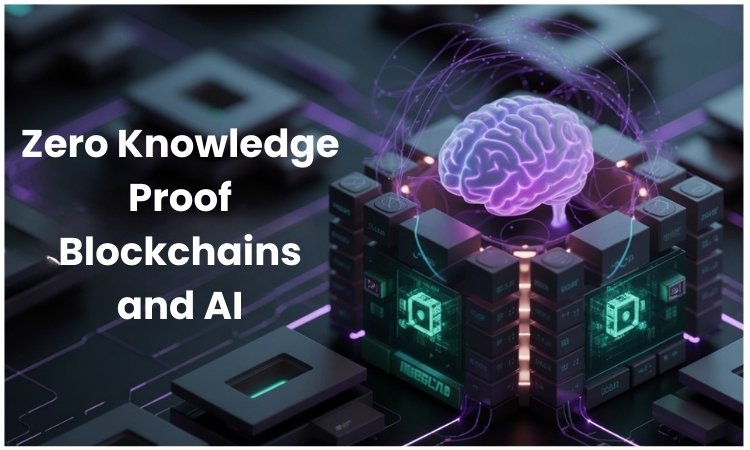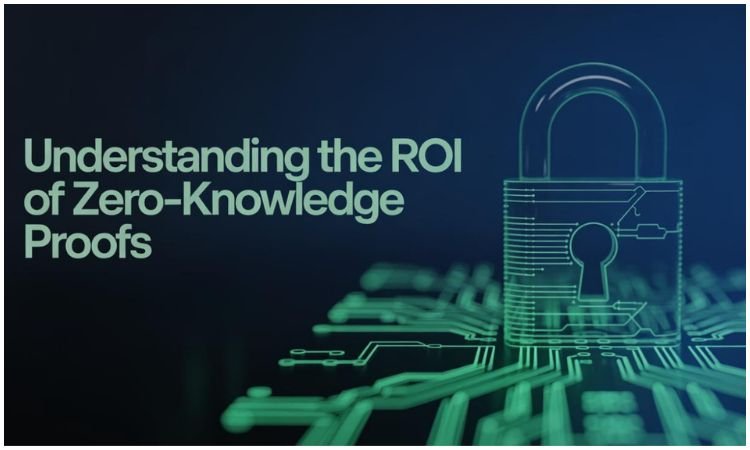
Definition of Zero-Knowledge Proof (ZKP)
Zero-Knowledge Proofs in Identity Management enable an entity, called the prover, to convince another entity, the verifier, that something is true without conveying any additional information. The term “zero knowledge” signifies that when the process is complete, the verifier will know that the statement is true but will not have gained any other insights. This unique promise of Zero-Knowledge Proofs in enhancing identity management, along with improving security and privacy in digital transactions, has garnered significant attention.
Types of Zero-Knowledge Proofs
Interactive Proof
Interactive ZKP proofs typically involve many prover-verifier backs and forths. The prover provides the verifier with the information to be proved to demonstrate that he possesses a secret or solution, and the verifier then issues a challenge to the prover. These methods offer high strength, but further fail and slow in many other cases.
Non-Interactive Proofs (e.g., ZK-SNARKs)
NIZKPs reduce the complexity of proving by removing interaction rounds. Then, Zok-SNARKs become very common among them due to their ability to give fast proofs that are verifiable. Shared reference strings are required to be generated between the prover and the verifier, and there is a need for these to be done in a trustworthy setup. In this case of ZK-SNARKs, therefore, ZKP is beneficial in blockchain applications. It is because it has low overhead and is efficient.
Applications of Zero-Knowledge Proofs
Cryptocurrency Transactions
ZKPs enabled privacy-centric digital currencies, like Zcash, implementing zk-SNARKs for private transactions. This allows verification of the transaction between parties without revealing the sender, receiver, or amount.
Privacy-Preserving Data Management
ZKPs in data management enable organizations to process sensitive data completely in private. This empowers any organization to prove compliance with regulations, even with stringent ones like GDPR, without actually sharing any personal information.
Secure Multiparty Computations
With ZKPs, several persons can compute a function and keep their inputs secret. This is important in cooperative data analysis, whereby firms can make use of others’ ideas without giving away any proprietary information.
Identity Verification
ZKPs facilitate faster identity verification since they allow users to authenticate their identities without revealing passwords or sensitive personal information, hence reducing identity theft and fraud.
Access Control
This enables the user to be proved, through the use of ZKPs, that they can access certain resources in access control systems, yet prove they have permissions without revealing the exact details of such. Privacy is retained; security is enhanced.
Digital Rights Management
ZKPs can also be applied in digital rights management systems to show that content creators do own and are in control of digital assets pertaining to the protection of copyrighted information.
How Zero-Knowledge Proofs Work
The functioning of ZKPs can be broken down into four main phases:
Commitment
First, the prover commits himself to some secret value or assertion. The commitment usually employs cryptographic means, ensuring the committed party cannot revoke the commitment.
Challenge
After the commitment of the prover, the verifier presents a challenge to him. Normally, the challenge involves a question generated randomly or a suggestion about the secret value or phrase.
Response
Upon request, a prover tells the verifier a challenge to verify a statement whose knowledge the verifier is ignorant about. An answer is computed in a way that only an honest prover will be able to compute the correct solution.
Verification
Finally, the proffered answer is verified against the commitments and challenge. If the answer equates to commitments and challenges, then dependencies trust the proof to be correct from the blackbox holder-secret perspective.
Zero-knowledge Proofs in Identity Verification

Proof without Disclosing Sensitive Information
ZKPs will allow one to prove identity features without biometric ID tokens or showing a social security serial resolution; it makes transactions in e-commerce, banking, and health operations more private and secure.
Integration with other authentication methods
The security of password-based authentication levels up, coupled with ZKPs. ZKP can identify the user, but to add more robust security for the user, it is mandated that users have a password, with security data that has really improved as now the users have more control.
Zero-knowledge Proofs and Biometric Authentication
Enhancing Security of Biometric Systems
Biometric information, such as fingerprints or facial recognition, can be taken even though it is unique. ZKPs enable the user to prove their identity through the use of biometric evidence without revealing the actual biometric data, and thus there can be no identity theft.
Limitations and complementary use
ZKPs are not the solution to all problems in security. They can improve biometric systems but not replace complete security. ZKPs alone should be a part of multi-dimensional security with other systems to improve resilience.
Combining zero-knowledge proofs with other authentication methods
Biometric + ZKP
Thus, ZKPs and biometrics provide a safe identity verification technique. A user can be authenticated without revealing real biometric information, eliminating numerous drawbacks in traditional biometric systems, thus keeping users’ privacy safe.
Password-Based + ZKP
ZKPs can help lower the risks of sharing a password in traditional systems reliant on passwords. Verify without leaking passwords reduces the number of password-related attacks.
Multi-Factor Authentication + ZKP
More generally, ZKPs are also security enhancements of the multi-factor authentication (MFA) system, as no other factor is leaked, nor is any sensitive data leaked. This combination can further enhance the authentication trust, protecting sensitive data.
Zero-Knowledge Proofs in Access Control
Proving Permissions without Revealing Details
ZKPs are very useful for purposes of identity verification in efficient access control. This allows users to prove that they can access specific resources without revealing them.
Integration with Other Access Control Methods
In combining ZKPs with role-based or attribute-based access control, one actually gets a more secure, fine-grained solution. Being able to prove one’s access without having to reveal one’s permissions, that would be the concept.
Zero-Knowledge Proofs in Access Control
Enhancement vs. Replacement
ZKPs will not threaten IAM jobs but rather foster identity management. Organizations will want individuals who can leverage the power of ZKPs to secure key data and enhance security.
Ongoing Role of IAM Professionals
IAM professionals will still be required in development and implementation, even when ZKP-integrated systems are considered. They should be knowledgeable about how to administer, comply with, and oversee identity verification systems. In a future where privacy and security are more critical, professionals will be highly valued for being adaptable.
Zero-Knowledge Proofs raise the security and privacy levels required in how users authenticate and verify their identities, hence placing them at the pinnacle in not giving away unnecessary personal data. This technology is going to set the trend for security paradigms in identity management as it evolves further and integrates with other existing systems.







